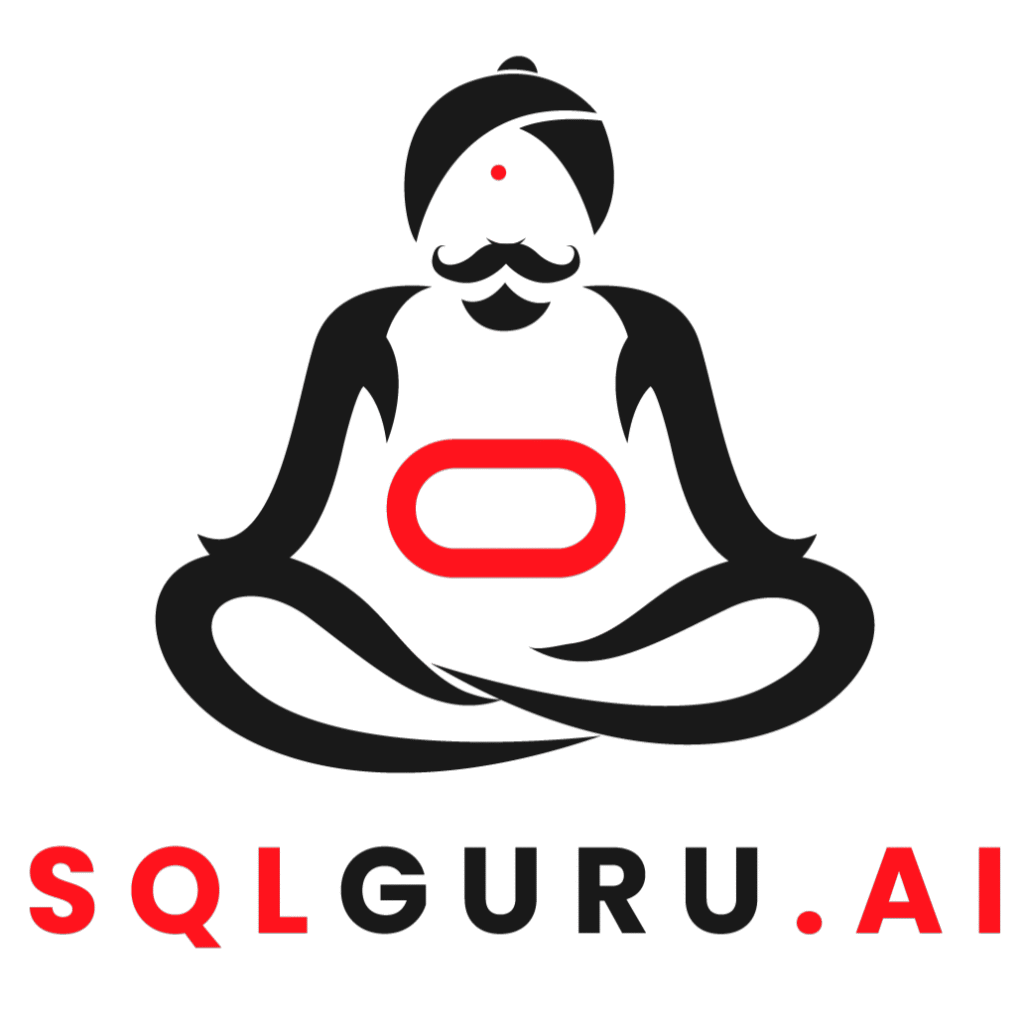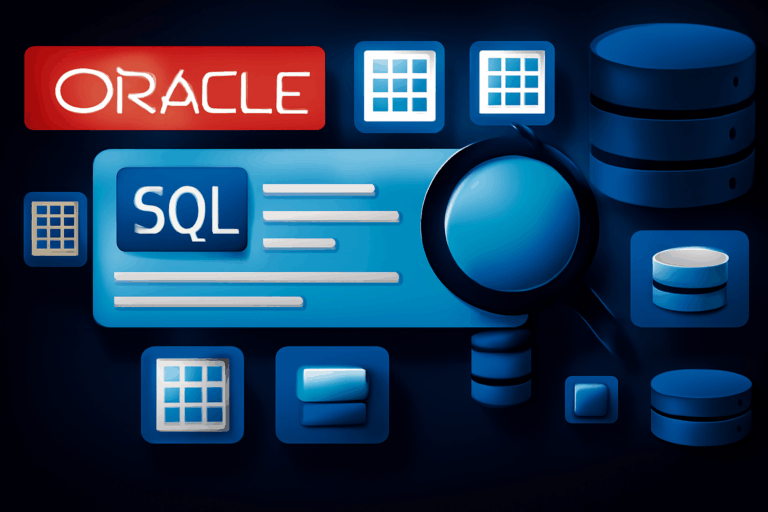In today’s dynamic digital environment, databases form the foundation of modern business operations. However, one of the most common confusions among newcomers to the data world is the interchangeable use of SQL and Oracle. While both play vital roles in managing data, they are fundamentally distinct.
This blog aims to clarify these differences and help you gain a deeper understanding of how SQL and Oracle relate and differ in the realm of data management.
Understanding SQL: The Language of Databases
Structured Query Language (SQL) is a standard programming language used to store, manage, and manipulate data in relational databases.
It provides a consistent set of commands to perform operations such as:
- Retrieving data using queries (SELECT)
- Inserting new records (INSERT)
- Updating existing data (UPDATE)
- Deleting records (DELETE)
- Defining and modifying database structures (CREATE, ALTER, DROP)
SQL acts as a universal language across most relational database management systems (RDBMS), including Oracle, MySQL, Microsoft SQL Server, and PostgreSQL. It is not a product, but a language standard that serves as the backbone for database communication.
Decoding Oracle: The Database Powerhouse
In contrast, Oracle Database is a specific RDBMS developed by Oracle Corporation.
Oracle uses SQL as its primary query language, but it also introduces proprietary enhancements and extensions that provide advanced functionality, such as:
- PL/SQL (Procedural Language/SQL) for writing complex business logic
- High-performance transaction management
- Comprehensive security controls
- Advanced data replication and clustering capabilities
Essentially, Oracle is a software system that uses SQL but extends far beyond it. It provides a full-fledged environment for data storage, access control, and scalability, which makes it a top choice for enterprise-level applications.
Are SQL and Oracle the Same?
The short answer: No, SQL and Oracle are not the same.
Here’s the distinction in simple terms:
- SQL is a language used to communicate with databases.
- Oracle is a database management system that implements and extends SQL.
While Oracle uses SQL syntax as its foundation, it also integrates numerous additional tools and features designed for enterprise data environments.
Think of it this way:
SQL is the language, and Oracle is the platform that speaks it fluently.
Navigating the Nuances
Although SQL provides a universal foundation, each RDBMS, including Oracle, adds its own dialect and specialized features.
For instance, Oracle supports additional SQL commands and built-in functions that are unique to its ecosystem, which helps improve performance, automation, and reliability.
Understanding these distinctions is crucial for professionals working with databases. A strong grasp of core SQL principles makes it easier to adapt to any RDBMS, while learning Oracle’s extensions allows you to take full advantage of its enterprise-grade capabilities.
Conclusion
While SQL and Oracle are closely intertwined, they represent two different aspects of database technology.
- SQL is the universal language for managing data.
- Oracle is a specific RDBMS built by Oracle Corporation that uses SQL and expands upon it with advanced enterprise functionalities.
By recognizing this distinction, you can approach database management with greater clarity and confidence, making smarter choices about which tools and technologies best fit your business or technical goals.


